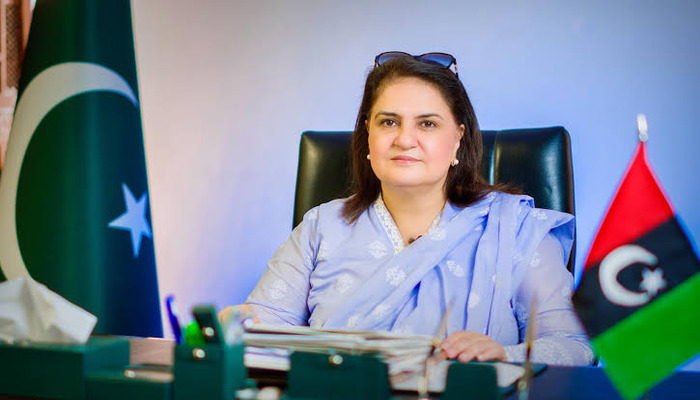
Pakistani low-income families are in for a treat, as the Benazir Income Support Program (BISP) recently rolled out its Mobile Wallets Payment Model, hoping to digitise payments to millions of low-income families across Pakistan.
Supported by the European Union and the Government of Germany, the 'BISP Mobile Wallets Payment Model' was announced by the officials at a high-level workshop held in Islamabad with a primary theme of “Transition to Cashless Economy: BISP Mobile Wallets Payment Model."
The workshop attracted financial regulators, senior government officials, the international business sector, such as telecom companies, and development partners to consider the impact and collaboration potential of these digital wallets to facilitate that assistance for women beneficiaries.
"This is not merely a policy intervention, possibly even; it is a national priority," said Minister of State for Finance Bilal Azhar Kayani, saying the prime minister's distribution of the Ramzan Package through mobile wallets provides a useful conceptual foundation.
"The advantages of digital payments include transparency, efficiency, and dignity as part of the Prime Minister's vision of a cashless economy," Azhar Kayani added.
BISP Chairperson Senator Rubina Khalid highlighted the programme’s focus on women’s financial empowerment. She announced that a pilot project for direct bank account opening will start on August 14, calling it “a milestone in digital empowerment.”
She stressed the importance of CNIC-based verification, ensuring “every woman has the right to choose her bank and receive payments through secure biometric verification.”
BISP Secretary Aamer Ali Ahmad described the mobile wallets as “a leap toward financial inclusion,” adding, “These are not just payment tools—they represent mobility, dignity, and economic freedom for women.” He urged stakeholders to promote digital and financial literacy to make the transition inclusive.
















